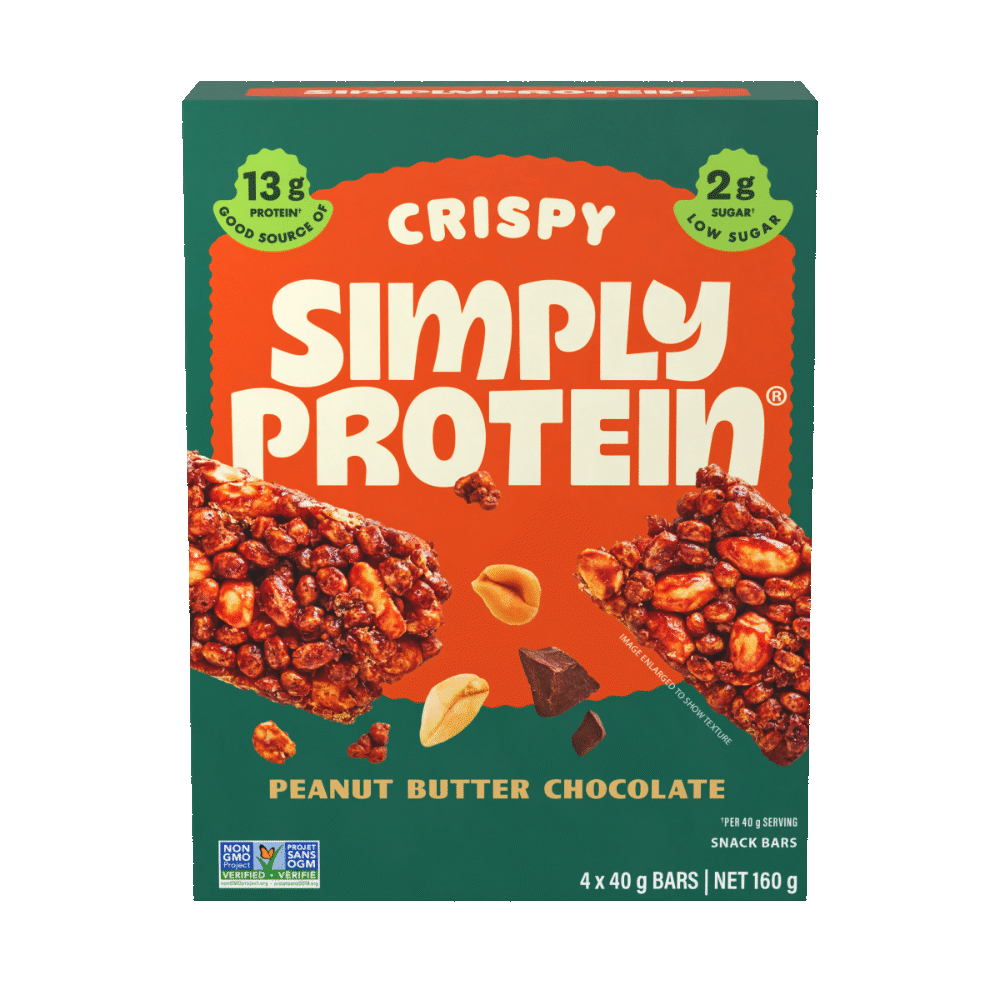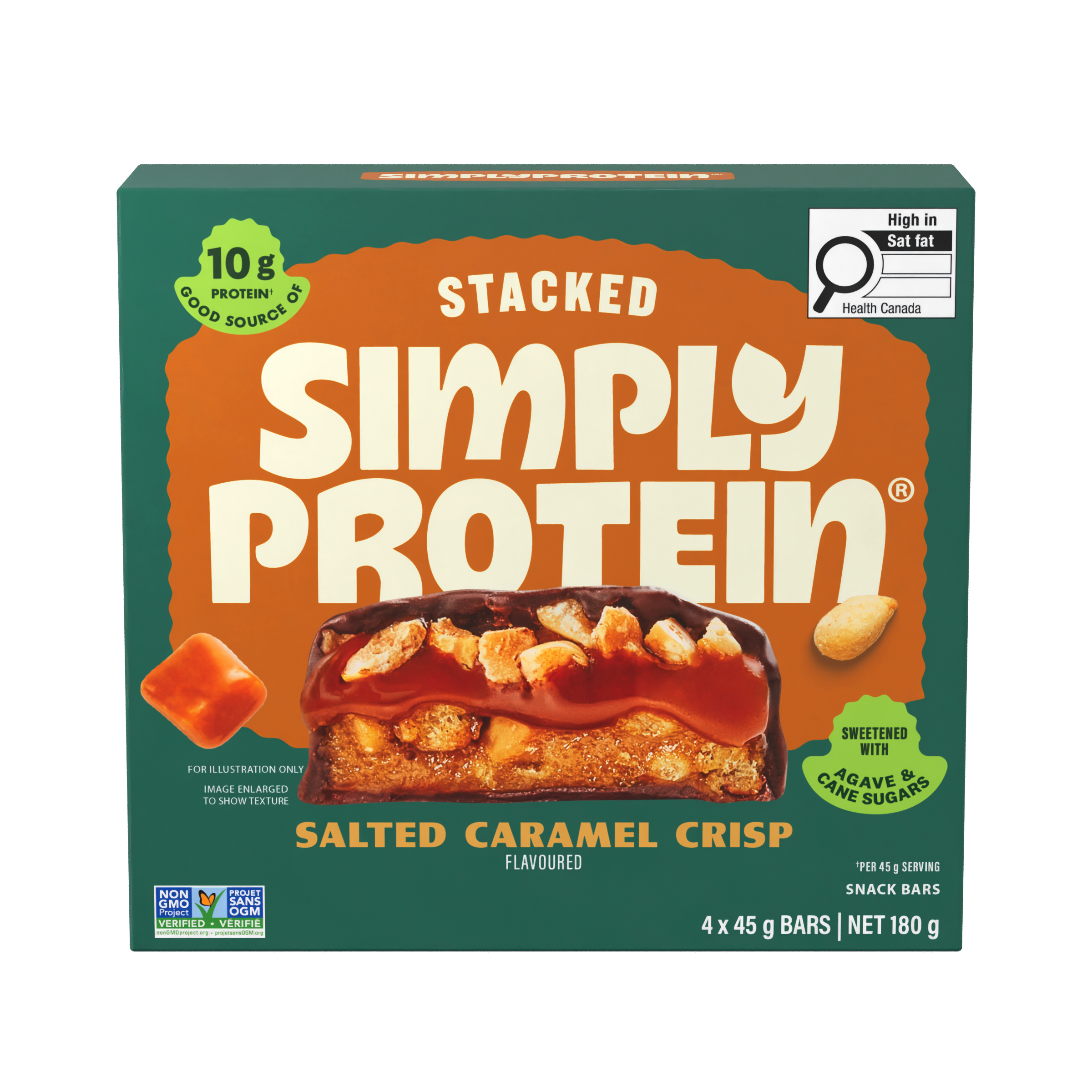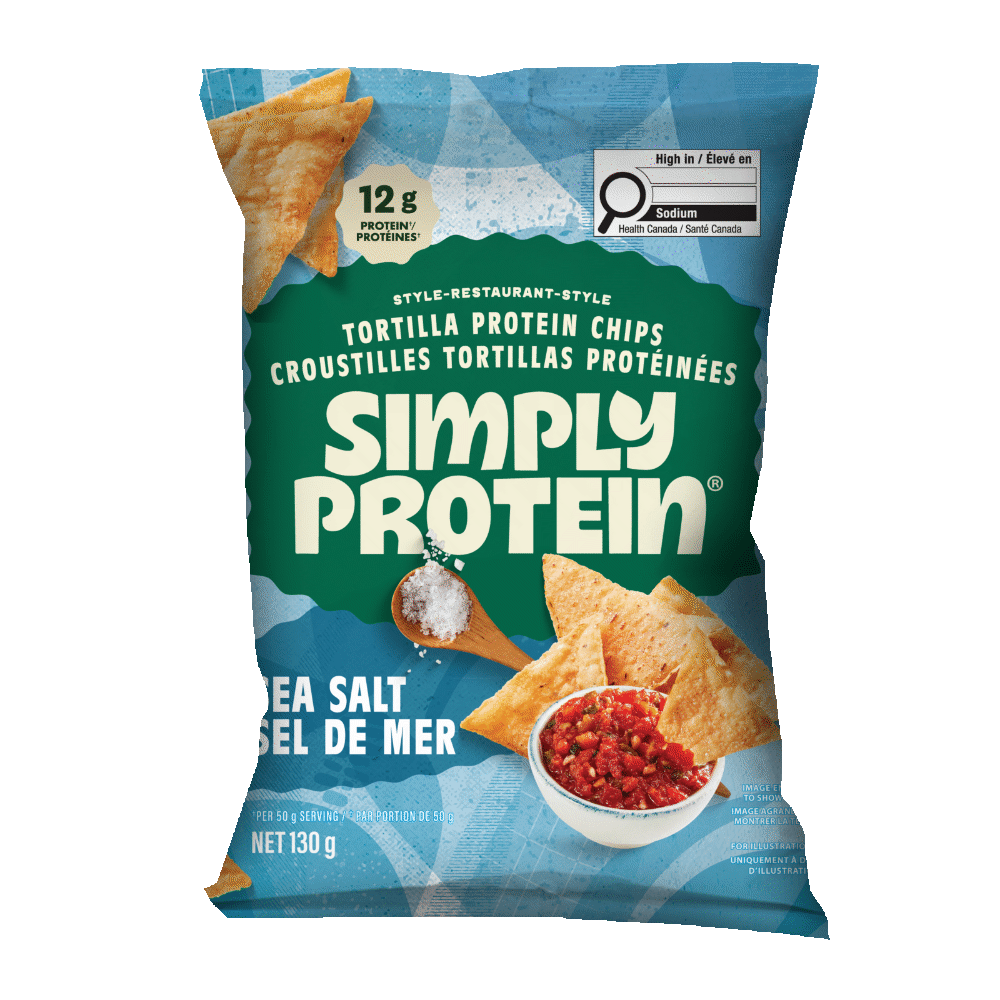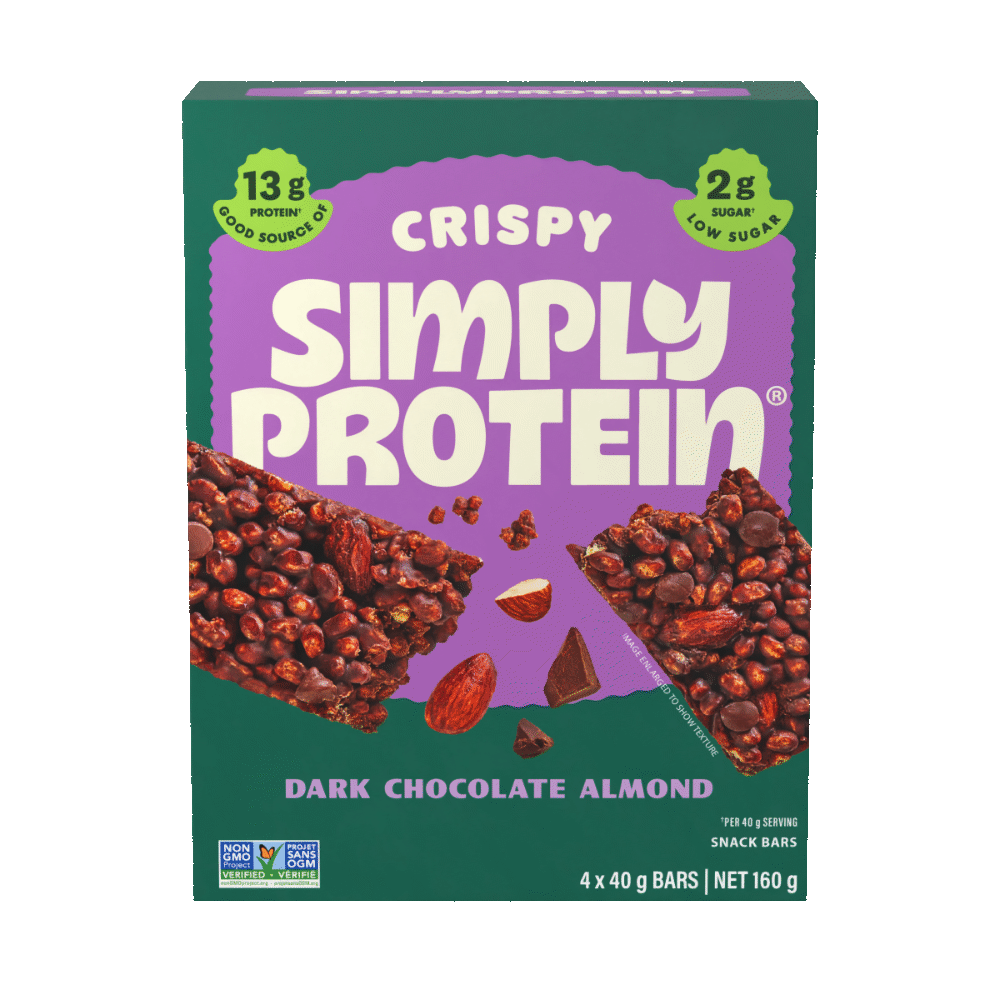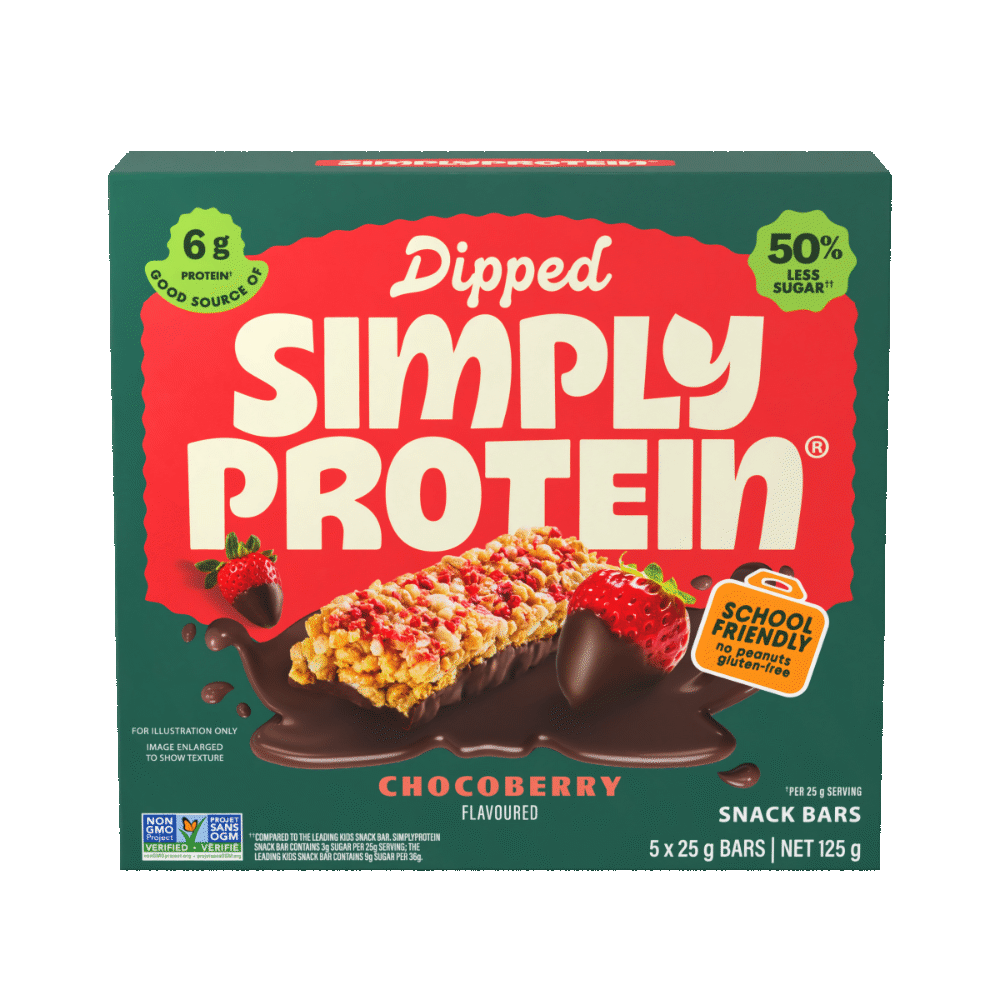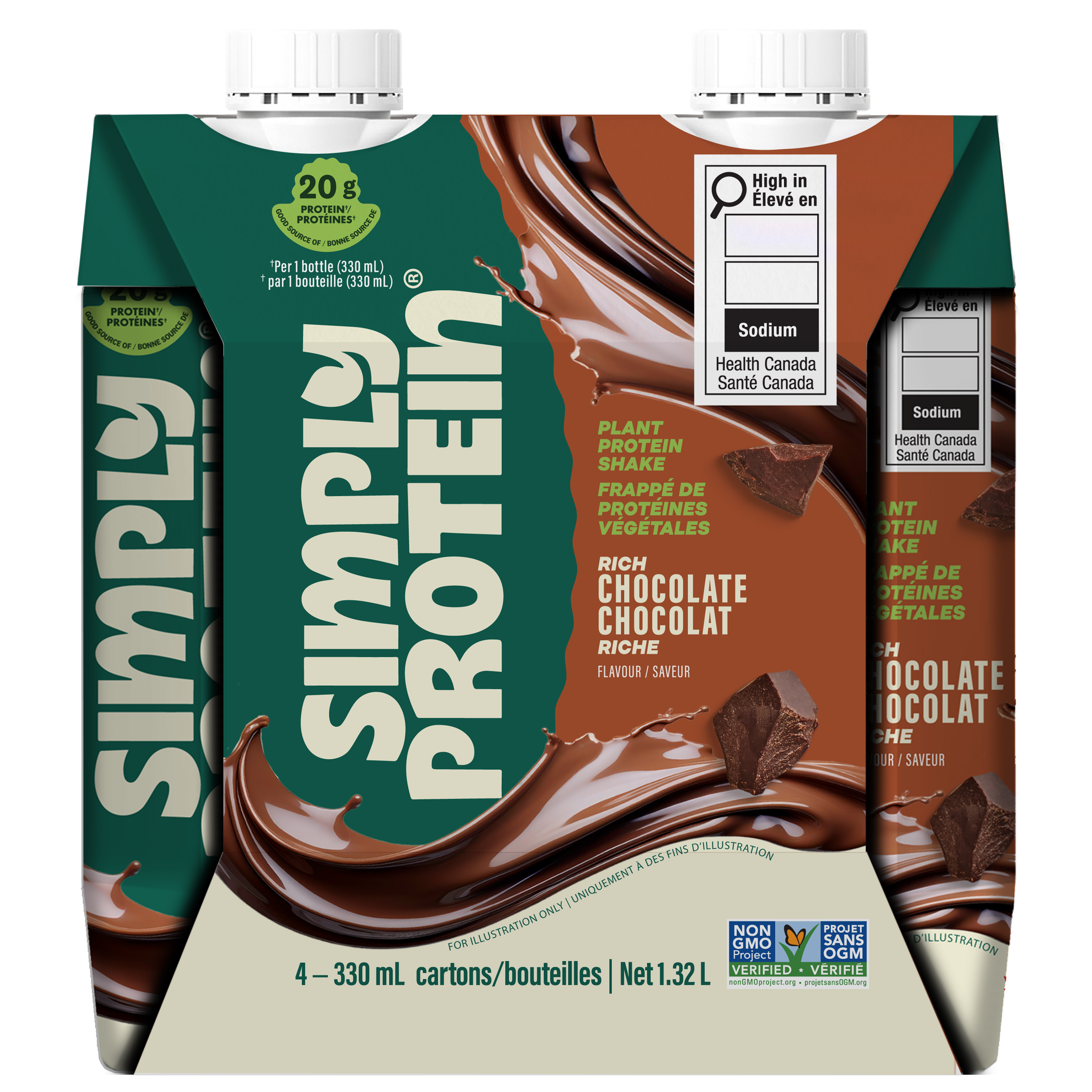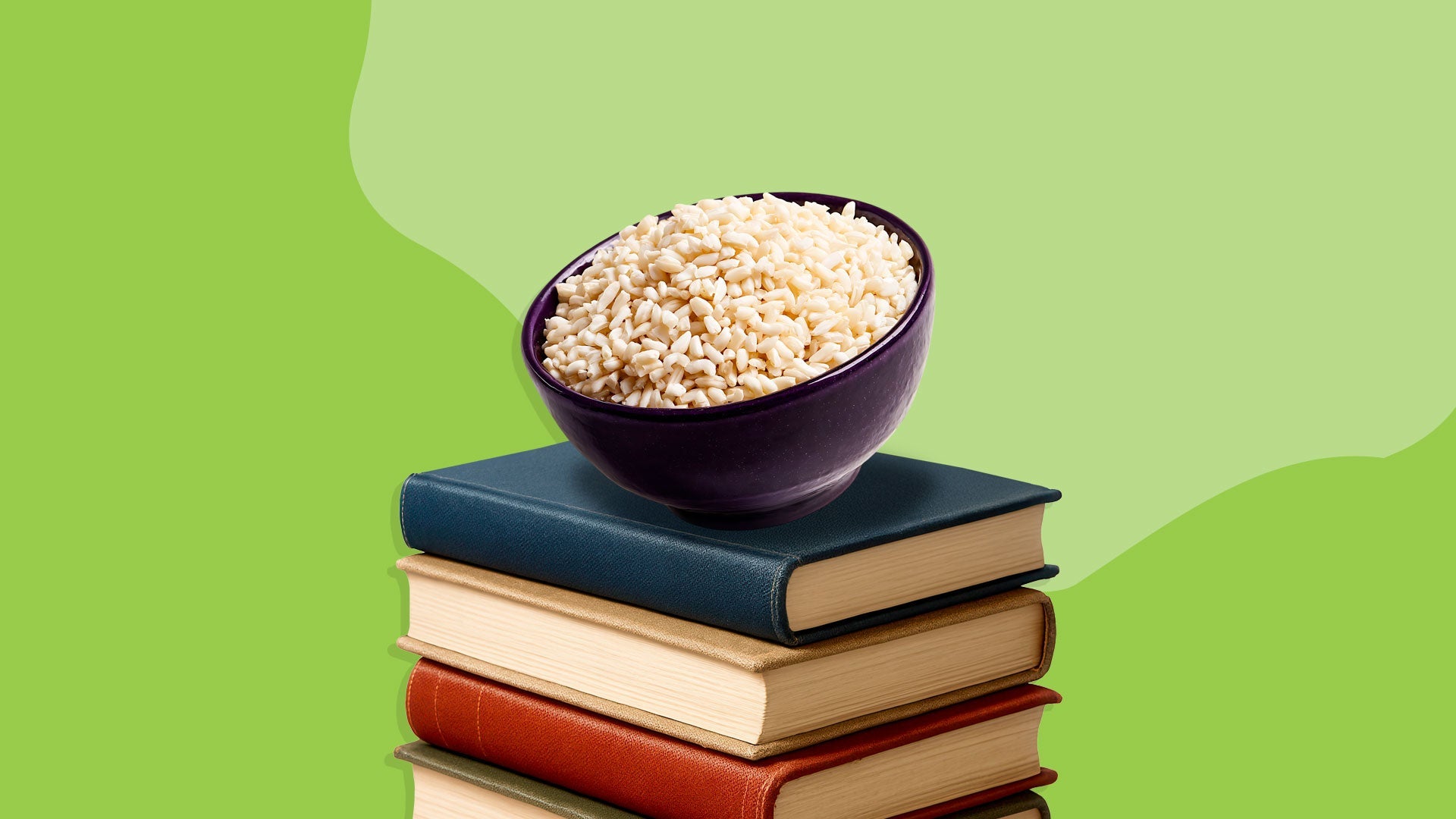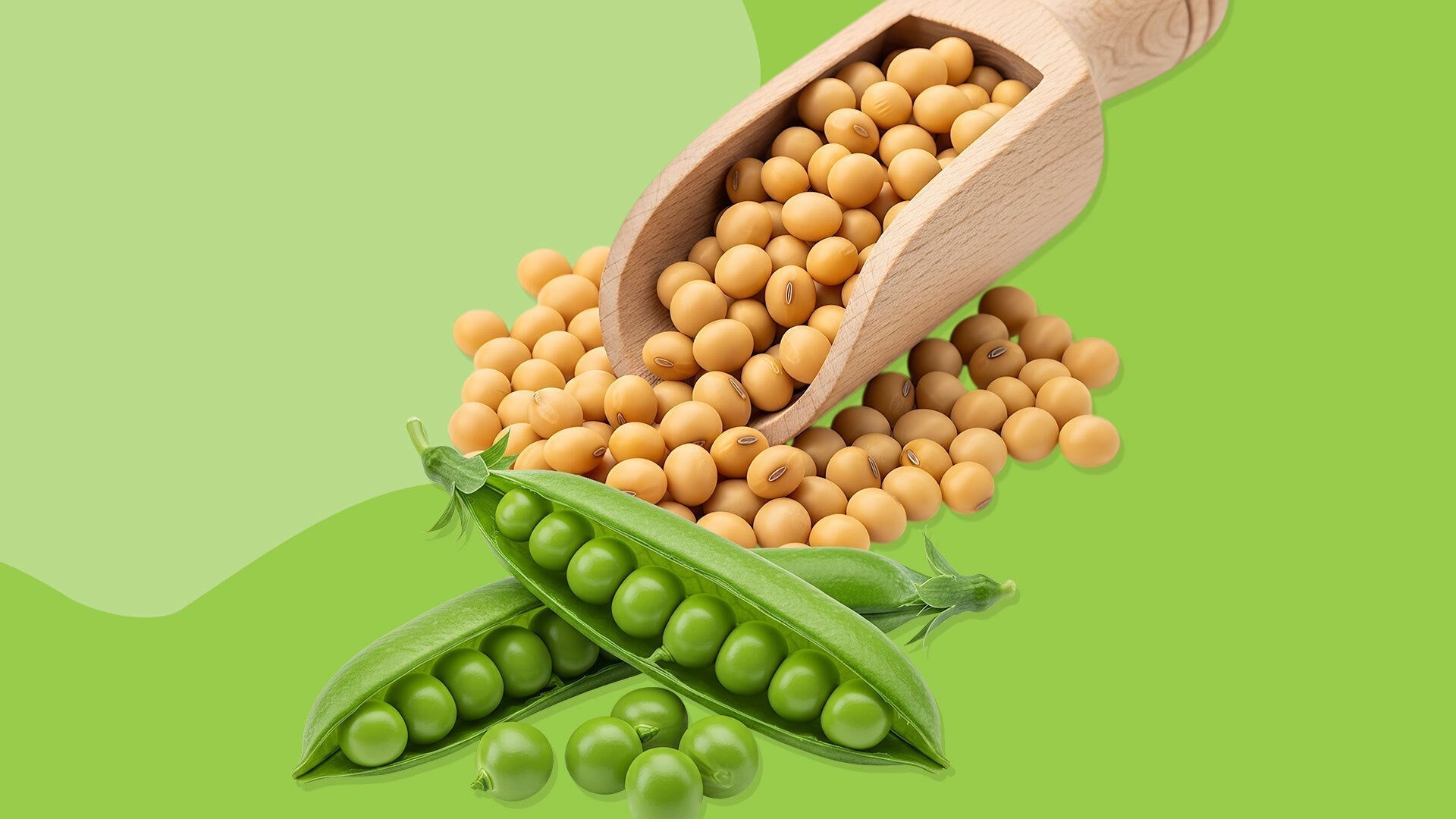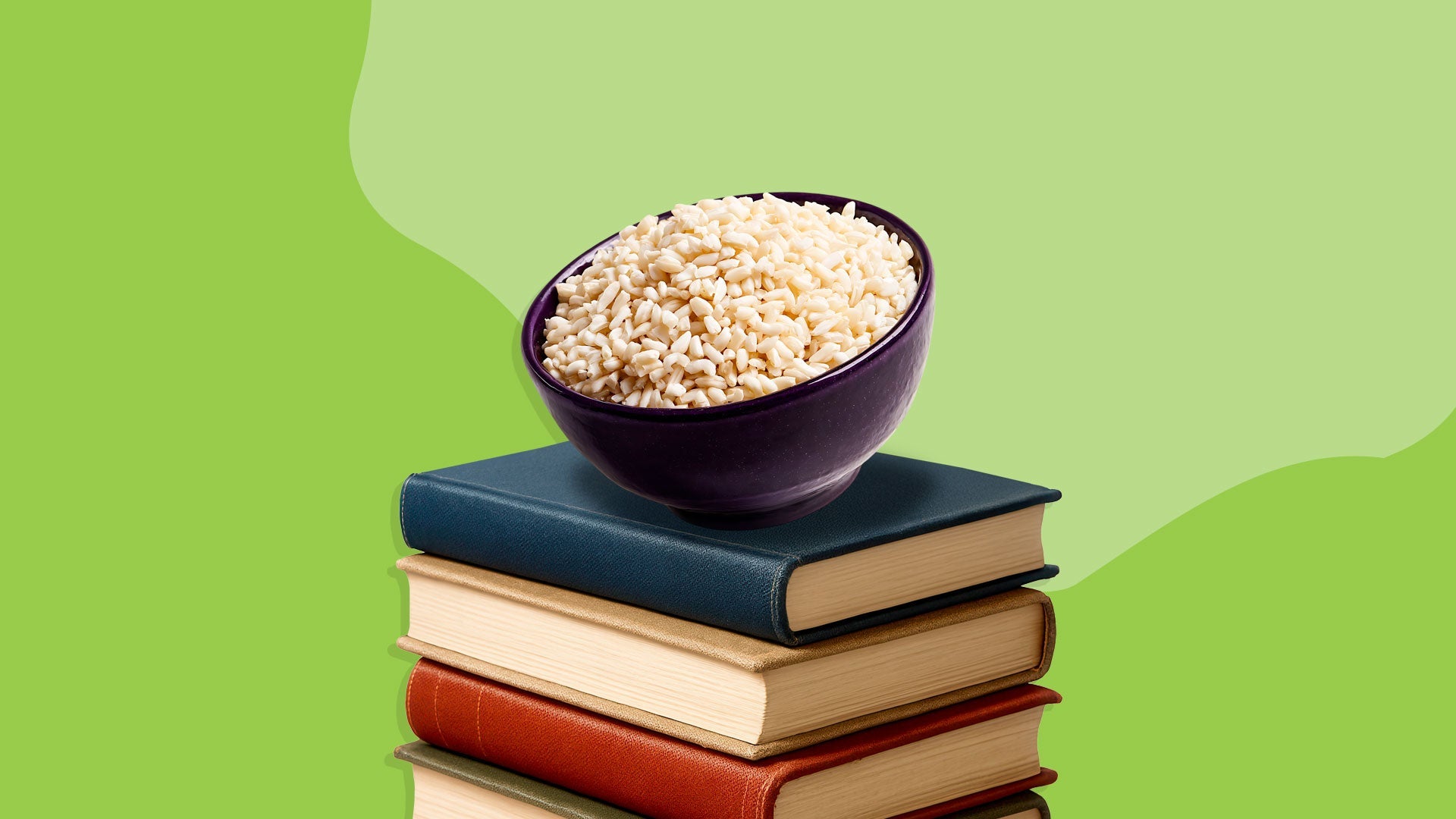
Protein 101: You don't have to be a pro to protein.
Protein is likely something you’ve heard about, but it can still seem like a bit of a mystery. What is it exactly? Why do we need it? You may have noticed, but we’re big fans of protein around here and want to help you understand why.
What is Protein?
Protein is one of the four essential macronutrients and is a building block of the body.
Here are eight things protein does for us:
STRENGTH
Regularly eating protein throughout the day is ideal for building muscle strength and maintaining overall health. The protein you eat gets broken down and used by the body to build and repair muscles and other cells. When you exercise, your muscles become damaged and need to be repaired. It may sound counterintuitive, but this is a natural process and is vital for developing strong muscles.
BUILDING BLOCKS
About half of the proteins in the body are for structural purposes – aka the building blocks. For example, collagen and keratin are proteins found in skin, bone, teeth, blood vessels, hair, nails, and more. Myosin is a protein found in your muscles.
SATISFACTION
Compared to other macronutrients, protein provides the greatest feeling of satisfaction, or fullness, after eating. This is because it takes
longer for the body to digest protein compared to carbohydrates. It also has to do with how protein stimulates appetite hormones which tell your brain that you’re full. (Fiber and fat provide satisfaction, too!)
COMMUNICATION
Within our bodies, the different cells, organs, and tissues need
to communicate with one another to make sure the right things are happening and
that our bodies operate the way they should. Amino acids are used to create messengers
known as ‘hormones.’ These messengers travel throughout the body and help control certain actions that need to happen. Insulin is a hormone you’ve
probably heard of. Insulin tells your cells to take in sugar so they can use it for energy and then directs the body to store any extra sugar that isn’t needed
at that time.
TRANSPORTATION
Proteins help transport different substances and nutrients
throughout the body via the bloodstream. So, in addition to being building blocks for the body, proteins also act as vehicles, in a sense. For example, hemoglobin
is a protein found in red blood cells that helps carry oxygen to parts of the body that need it.
CHEMICAL REACTIONS
There are endless chemical reactions taking place in the body at any given moment. This is how the body functions the way it does. Certain proteins known as ‘enzymes’ are required for a number of chemical reactions like energy production, digestion, and muscle contractions. Muscle contractions
happen any time you are doing any kind of activity such as walking, picking something up, stretching, running, etc.
IMMUNE HEALTH
Protein is an essential part of the immune system as it helps to create
the cells needed to fight infections. For instance, antibodies are proteins
that help protect you from bacteria or viruses.
BACK-UP ENERGY
Protein can provide the body with energy, if needed, but this
isn’t the ideal scenario and doesn’t happen under normal conditions. If you don’t consume enough energy from carbs and fat or are doing a prolonged endurance activity (like running), amino acids from proteins are broken down to produce energy.
Using protein for energy is typically a last resort given all of the other ways protein is used throughout the body.
